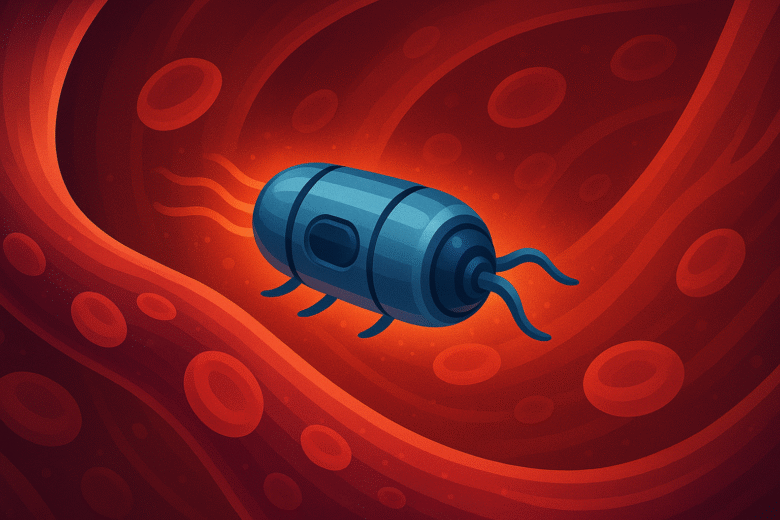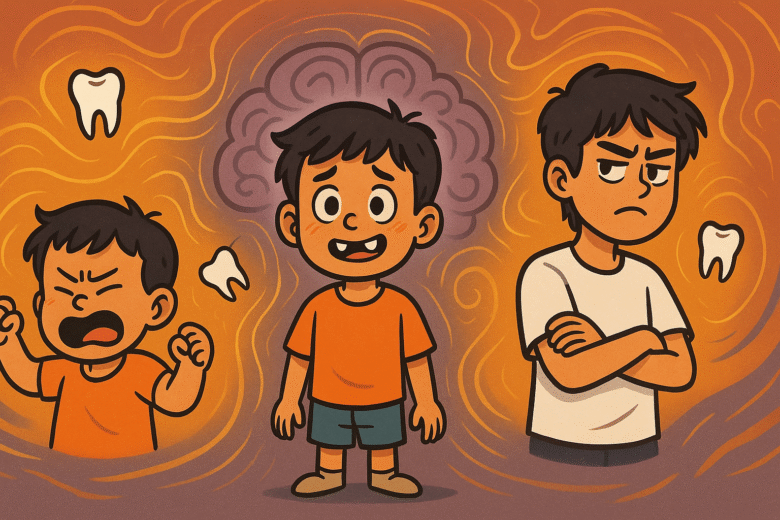Fun fact: The Bermuda Triangle is not just a patch of mysterious sea—it sits above rock layers so strange that even Earth scientists are rethinking how islands stay afloat. For decades, the Bermuda Triangle has lived in popular imagination as a place where ships vanish, compasses misbehave, and logic seems to sink. But now, science …
Fun fact: Ecosystems with more kinds of plants and animals often weather climate extremes better than those with fewer species—like nature’s own shock absorbers. In an age where headlines are dominated by heatwaves, floods, and food shortages, the phrase “Nature’s Rich Tapestry” might sound poetic—but make no mistake: it’s a survival strategy. Diverse ecosystems aren’t …
Did you know that some of the world’s most advanced robots are now better climbers than many humans? “Robots on Remote Mountains” may sound like a science-fiction headline, but it reflects a quiet shift happening high above our cities and farms. As climate change tightens its grip on cold-adapted species and mountain ecosystems grow more …
Fun fact: Some freshwater shrimp can “filter-feed” using tiny fans on their arms—like underwater butterflies catching invisible dust. Every now and then, nature stages a comeback so unexpected that it forces us to rethink what we believe about extinction, biodiversity, and our connection to the water bodies that quietly keep India alive. That is precisely …
Did you know that some insects are being x-rayed so precisely that their insides show up like tiny alien landscapes? In the blog entitled “Insect Anatomy Under the X-Ray: Bugs Tell Big Ecological Tales” we explore how cutting-edge imaging using powerful synchrotron X-rays is tearing open the secrets hidden in even the smallest of creatures. …
Fun fact: India is the first country in the world to legally mandate Corporate Social Responsibility (CSR), turning what was once charity into a national development strategy. There’s a quiet revolution underway in India, and most of us don’t notice it unless a company announces a school-building initiative or plants a few thousand trees for …
Here’s a fun fact: a robot smaller than a grain of sand may soon swim through your blood — and deliver medicine directly to the right part of you. This is the story behind Tiny Robots in Blood: What Science Is Doing to Heal Us — a future that seems pulled from science fiction, but …
Fun Fact: Scientists in Germany actually coined a term for the dramatic behaviour shift in six-year-olds—they call it Wackelzahnpubertät, or “Wobbly-Tooth Puberty.” If your six-year-old has recently started arguing like a teenager, slamming doors (sometimes dramatically but not very effectively), rolling their eyes with surprising skill, or negotiating bedtime with the confidence of a corporate …
Fun fact: Uranus is so tilted that it practically rolls around the Sun on its side—and now, thanks to modern space science, it has one more moon rolling with it. Every once in a while, space throws us a surprise that feels almost personal—like a reminder that even in a predictable universe, something unexpected is …
Fun fact: Scientists have now confirmed that an asteroid floating millions of kilometres away contains all five nucleobases—the same chemical letters that spell out life on Earth. There are moments in science when the universe seems to quietly tap us on the shoulder and whisper, You’re not as special as you think. The recent discovery …










